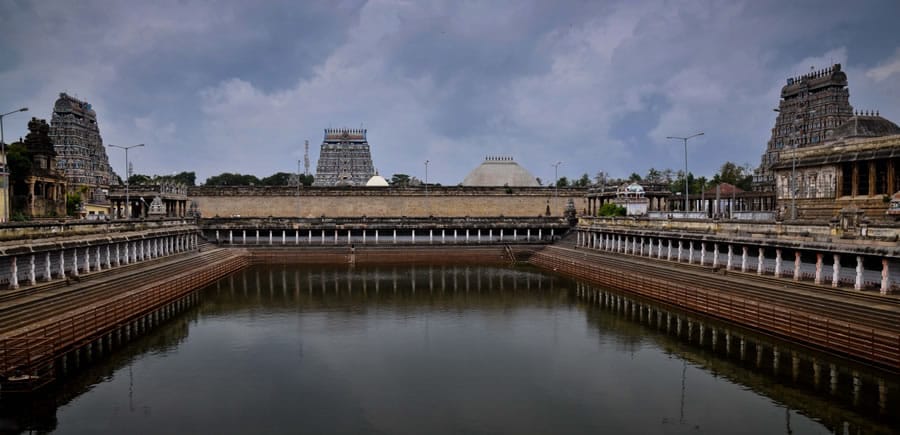
Upanishads is the ancient Indian treatise of religious and philosophical nature Essay
To begin with, it should be noted that the Upanishads is the ancient Indian treatise of religious and philosophical nature. As a matter of fact, the Upanishads are the part of the Vedas, which mostly discuss philosophy, meditation and the nature of God.
Chandogya Upanishad tells us the story of a son Svetaketu and a father Uddalaka. After Svetaketu received education in the age of 24, he became conceited that he knows everything, however, his father proves him that he still do not realize what is the most important – the nature of things. In particular, by giving example, Uddalaka explains his son that even very big and strong tree is nothing without invisible small subtle essence, which contains in its seeds. Moreover, exactly this small subtle essence gives life to this great tree. In my opinion, it is extremely important to understand that the real essence of things could be much deeper than it seems at first glance. Also, it proves that people should not judge someone or something on first impression.
Another example on which father teaches his son is water and the salt. Uddalaka asked his son to put salt in the glass with water and leave for tomorrow. On the next day, Svetaketu saw that in the glass there was only water, after he tasted water – he felt that it was salty, after that Uddalaka threw the glass and said that now the salt is in Svetaketu. I think that by this example, Uddalaka explained his son that everybody is made from subtle essence, which forms all material world. It means that human being and a stone have something in common, as they are parts of this world. In other words, everything that exists is the links of one chain. It can be seen from the following quote: “That which is the subtle essence, in it all that exists has its self. It is the True. It is the Self, and you, Svetaketu, are it”.
Also, I very like this quote: “Now as a man is like this or like that, according as he acts and according as he behaves, so will he be: a man of good acts will become good, a man of bad acts, bad. He becomes pure by pure deeds, bad by bad deeds”. In my opinion, this is extremely strong statement, which reflects that everybody chooses his path. It can be said that we will be those, who we want to be, but we should remember that every our deed has a consequences and we are responsible for it. Our deeds form us not only to others, but preliminary for ourselves. And this is the most important quote for me: “And here they say that a person consists of desires. And as is his desire, so is his will; and as is his will, so is his deed; and whatever deed he does, that he will reap”. I think that from this quote is seen that people should clearly realize what they want and why they want it, what they will obtain in the end. This quote states that this is strong dependence between the desire and consequence of the deed.
However, exactly this quote “Now as a man, when embraced by a beloved wife, knows nothing that is without, nothing that is within, thus this person, when embraced by the intelligent Self, knows nothing that is without, nothing that is within. This indeed is his true form, in which his wishes are fulfilled, in which the Self only is his wish, in which no wish is left–free from any sorrow” characterizes ideal Vedic relations to life. Good, evil, God, Hell – it is not important. A real wise man does not have any passions and desires, because only then his mind is not clouded, and he is able to consider the true nature of things and to reach nirvana.

